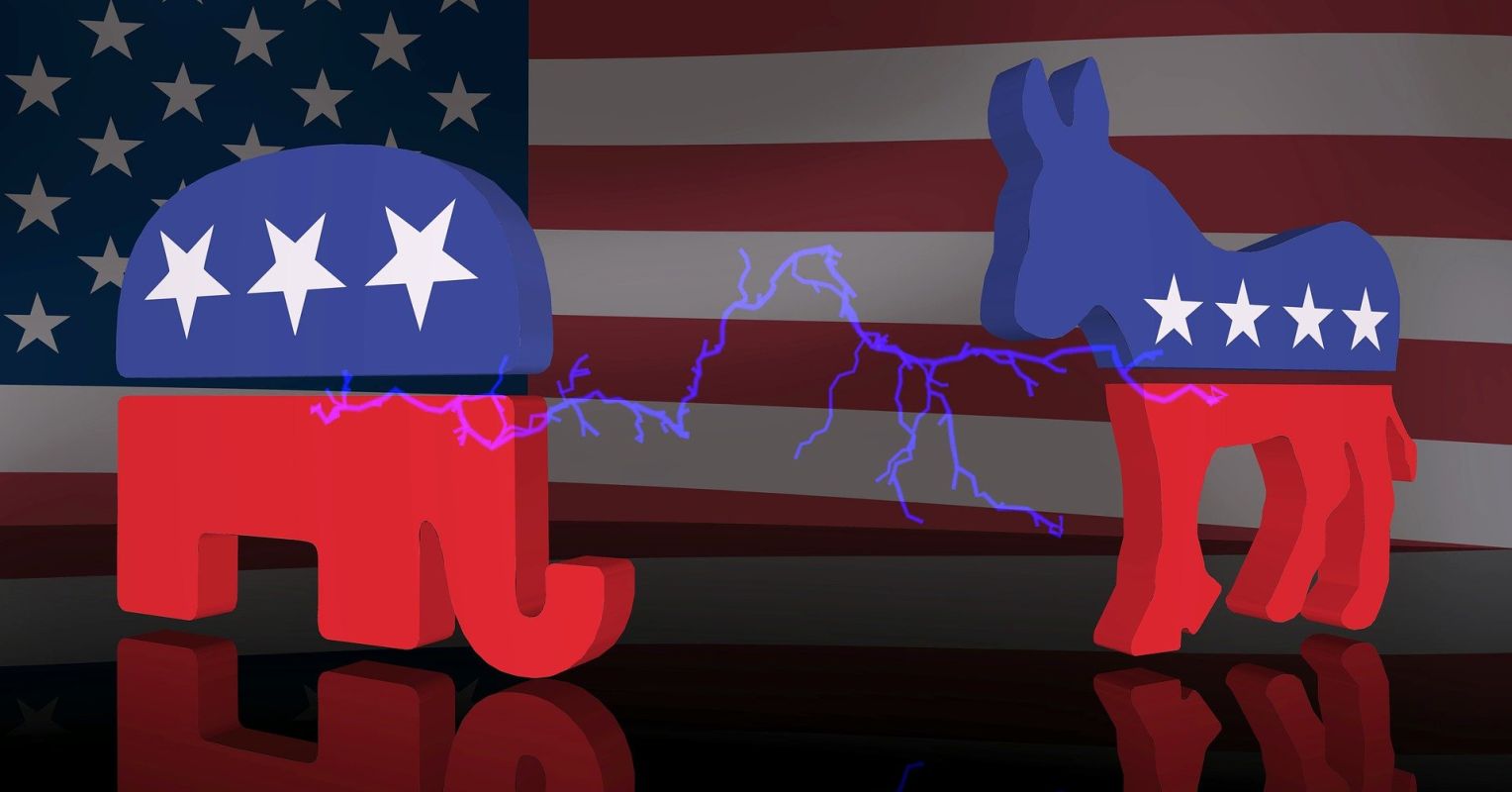2 min
The Anxiety of Election Season
After the results of the U.S. presidential election were announced, many Americans celebrated. But many voters instead found only stress and anxiety. After an election of rhetoric that foretold the end of democracy if the opposing candidate won, there seems to be a unique amount of post-election stress. How did election rhetoric affect this outcome, and can we expect future elections to cause this same stress? Political expert, Dr. Mark Caleb Smith, discussed the anxiety that many Americans felt even before the election and how it can be dealt with moving forward. Here are some key takeaways from his recent interview: This election cycle caused so many Americans to lose sleep that the term "electsomnia" was coined. Has the anxiety of election season always been present, or has the presence of social media paved a way for this problem? Constant access to information about the election is a probable reason for many voters' anxiety. How can Americans keep themselves informed without causing unnecessary damage to their mental health? This is not the first complicated or difficult election that the United States has faced. Now that this election season is over, how can Americans—both those who are satisfied and those who are frustrated by the results—move forward while recognizing that politics does not define them? If you are a journalist covering the election results and voters' responses, our experts are here to help with all of your questions and stories. Dr. Mark Caleb Smith is the Director of the Center for Political Studies at Cedarville University. Mark is available to speak with the media regarding election emotions and the election results. Simply click on his icon or email mweinstein@cedarville.edu to arrange an interview.





